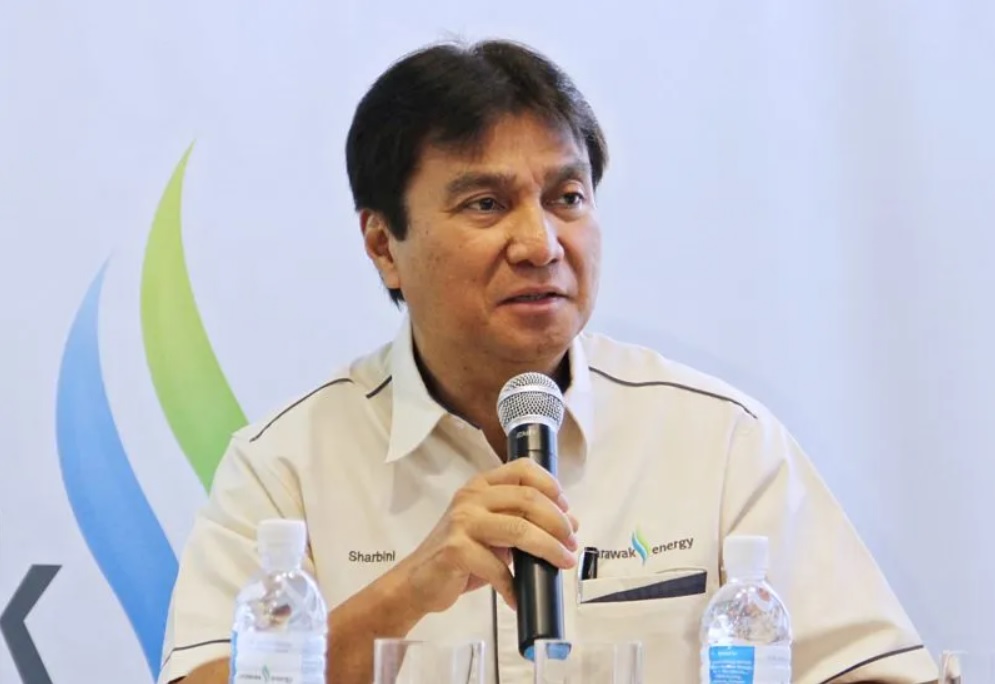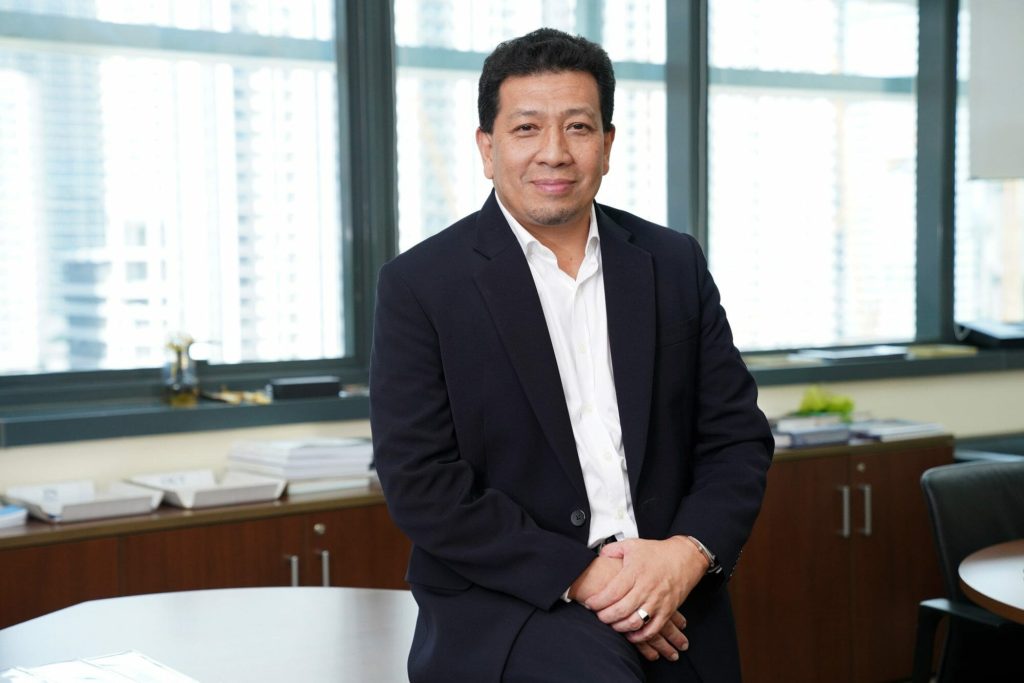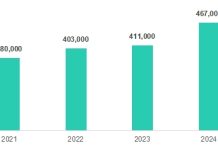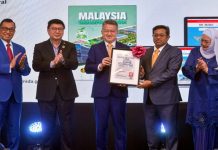
The interconnection of power grids between ASEAN needs to be made a reality as there is a risk of disruption in energy transition, putting pressure on the related governments in facilitating the interconnectivity.
On this, Sarawak Energy Bhd group chief executive officer Datuk Sharbini Suhaili said, “We envision a trans-ASEAN grid that is similar to the one in Europe, where you can share your reserve margin and deliver renewable energy (RE) from areas that have the resources to places without (them).
“That will help to create an economy of scale and increase the affordability, ensuring that we can bring the whole region to transition,” he added.
Sharbini also pointed out that hydropower in Sarawak has always been the foundation of the state’s transition journey towards sustainable economic growth.
“We would like to share what we have with our neighbours. So, for a start, we know that the interconnection between all (ASEAN) countries, long distances and challenges in terms of political, financial and market risk will take a long time for us to realise that, (especially) is we just rely on the government to do that. So, we decided that the private sector needs to drive this,” he continued.
According to Sharbini, Sarawak Energy has been driving the Borneo grid and the company connected the power grid to West Kalimantan in 2026. He also mentioned that discussions are currently underway between Brunei and Singapore, as well as with Tenaga Nasional Bhd (TNB) concerning subsea cable to Peninsular Malaysia, with hopes of connecting to Sabah by the end of 2024 or 2025.
However, the governments involved would need to cooperate and enable policies to support the private sector in the energy industry. Hence, Sharbini stressed that the ASEAN platform was vital and hoped that when Malaysia takes over its chairmanship next year, the country would be able to drive the ASEAN Power Grid (APG) and ensure that other member countries would contribute in the region’s energy transitioning process.
Meanwhile, TNB president and chief executive officer Datuk Megat Jalaluddin Megat Hassan commented that power capacity demand in Malaysia could triple form the current capacity by 2050 as the country is rapidly making progress towards energy transition.

He believes that the growth of electricity demand for ASEAN countries would also be 3 to 4 times higher than the current capacity.
“At the same time, we are also seeing the intent to have the adoption of RE in the generation capacity with the target to achieve the net-zero ambition that is being committed by the countries in ASEAN, including Malaysia,” he said.
Jalaluddin further advised for ASEAN governments to focus on 5 main elements to ensure the APG becomes a reality, which includes harmonising the regulatory framework among the countries.
Other elements, he said, includes a physical connection through the development of infrastructure for the power system and also creating a good trading platform to enable both technical and commercial arrangements to happen in a single market.
He also noted that knowledge, capability and capacity building were vital in realising the APG.
“We have to understand that the pace of each country will be different, but what’s important is that we have a good understanding of how to move forward with respect to the energy transition for the region,” he concluded.














